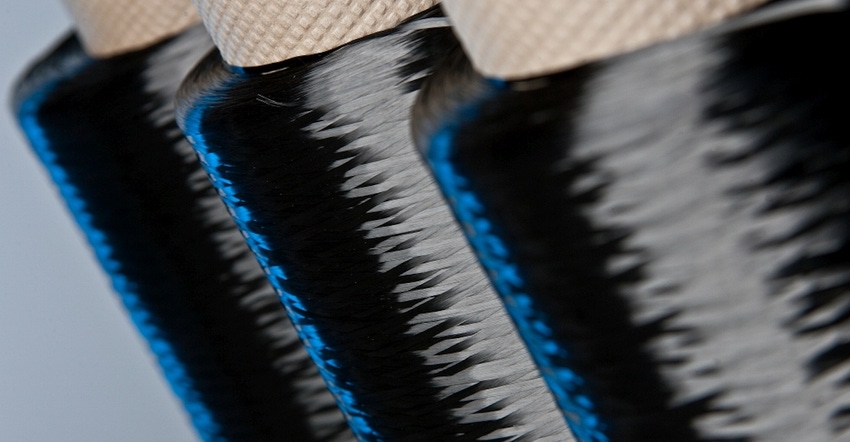Teijin’s Carbon Fiber and PAN Precursor Score ISCC Plus Certification
The two materials are now available based on biomass and circular raw materials under the mass balance approach.
July 24, 2023

Teijin reports that its Tenax brand carbon fiber and the polyacrylonitrile (PAN) precursor fiber produced at its Mishima plant in Shizuoka Prefecture, Japan, have received ISCC Plus certification from the International Sustainability and Carbon Certification system.
The PAN precursor fiber is made from sustainable acrylonitrile (AN) using waste and residue from biomass-derived products or recycled raw materials and produced by using the mass balance approach method. With this method, materials are verifiably tracked through complex value chains, for example, when biomass-derived raw materials are mixed with petroleum-derived raw materials to create products.
Sustainable AN has the same physical properties as petroleum-derived AN. Therefore, PAN and Tenax carbon fiber based on this material deliver the same physical properties as equivalent fossil-based products. This similarity allows customers to easily replace Tenax carbon fiber with more-sustainable alternatives that can contribute to the reduction of greenhouse gas (GHG) emissions throughout the product’s life cycle.
Teijin expects to begin commercial production of PAN and Tenax using the mass balance approach method at the Mishima plant by the first half of 2024. Further, the company will pursue ISCC Plus certification for its carbon fiber and related products produced in Europe, the United States, and Asia to expand availability of its sustainable products.
Carbon fiber, a strong yet lightweight material that can help reduce energy consumption, is used in a range of applications including aerospace and industrial fields. Meanwhile, the need to reduce GHG emissions throughout supply chains in support of carbon neutrality is generating demand for products with a lower environmental impact. Under these circumstances, Teijin has switched the fuel for in-house power generation equipment at manufacturing sites to natural gas and adopted life-cycle assessments (LCAs) to calculate the environmental footprint of its carbon fiber and intermediate materials.
About the Author(s)
You May Also Like




